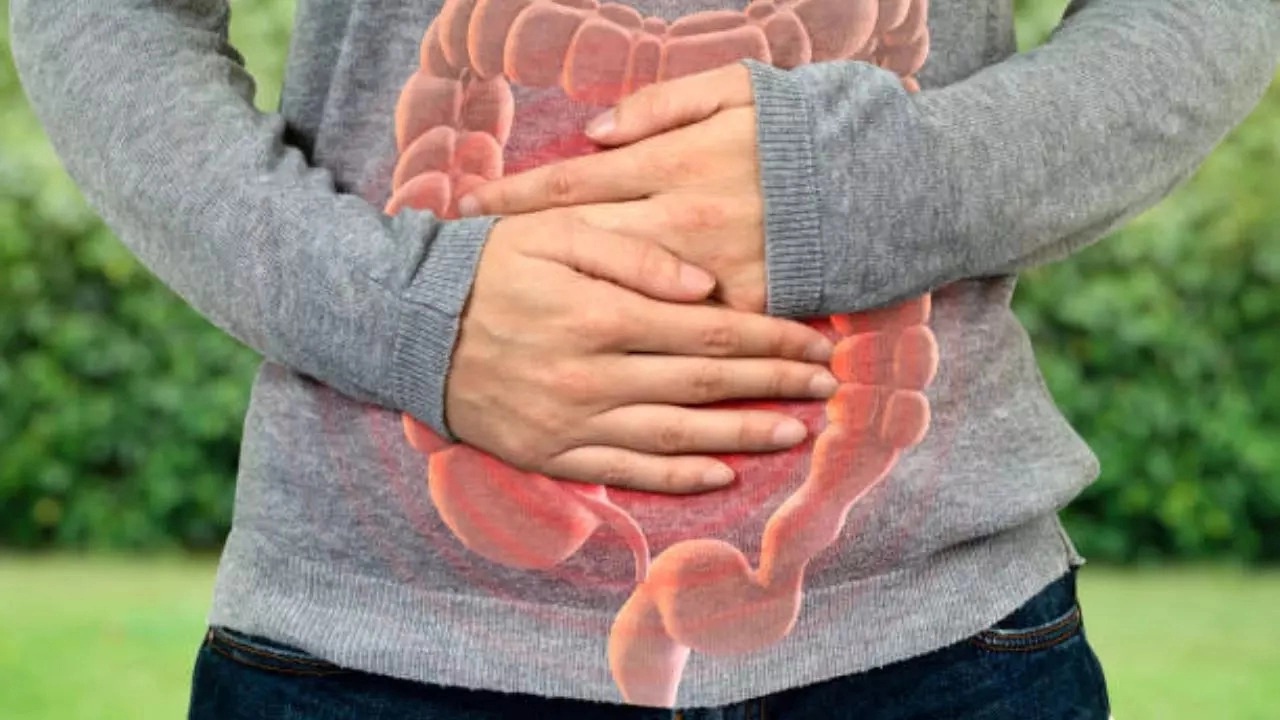Ashima Sharda Mahindra • 22 Aug 2024
Foods That Can Make Your IBS Worse; What To Eat Instead?

One-third people globally suffer from IBS and even though the cause remains unknown, your food choices may be one of the reasons
Irritable Bowel Syndrome or IBS is a digestive condition that causes uncomfortable or painful abdominal symptoms like constipation, diarrhoea, gas, and bloating. According to experts, even though it does not damage your digestive tract or raise your risk for colon cancer – IBS can be debilitating.
Statistics say one-third of people across the world suffer from the symptoms of IBS and even though the cause remains unknown, your food choices may be one of the reasons.
Foods That Trigger IBS
Wheat and barley
Wheat and barley are packed with gluten - a group of proteins that you may be severely immune to. According to studies, a gluten-free diet helps improve IBS symptoms in a significant number of people, even though the mechanism is unclear. A gluten-free diet also improves pain frequency and severity.
Dairy
Dairy products like milk, yogurt, and cheese can also lead to problems in those suffering from IBS for several reasons - high-fat dairy causes diarrhoea. Also, in many who have IBS, milk triggers their symptoms.
Fried foods
Fried foods are packed with a high-fat content that is hard on your digestive system. Frying food also changes the chemical makeup of a particular food, making it extremely difficult to digest. And so, frequently consuming fries, samosas, or tikkis can lead to uncomfortable digestive symptoms along with other issues like obesity and type 2 diabetes.
Beans and legumes
Beans and lentils are high sources of protein and fibre but they can aggravate IBS symptoms. They have compounds known as oligosaccharides that are resistant to digestion by intestinal enzymes.
While beans can increase bulk in stool to help constipation, they also increase indigestion, bloating, stomachache, and other IBS symptoms.
Caffeinated drinks
Caffeinated drinks like coffee and tea have immense stimulating effects on your intestines and cause diarrhoea and gas. Also, carbonated soda and energy drinks can trigger many IBS symptoms.
Chocolate
Though many people love chocolate, those with IBS may not be able to tolerate this sweet food. Chocolate bars and candy set off extreme symptoms of IBS due to their high fat and sugar content.
Lactose and caffeine in chocolates can also lead to constipation and stomachache.
Alcohol
All kinds of alcohol are common triggers for IBS because of how your body may digest it. Alcohol leads to dehydration – which causes indigestion and pain.
Beer contains gluten and high amounts of sugar as well.
Cruciferous vegetables
Cruciferous vegetables like broccoli, cauliflower, cabbage, and Brussels sprouts are extremely difficult for the body to digest and can trigger the symptoms of IBS causing gas and constipation.
What should you eat if you have IBS?
For those suffering from IBS, doctors recommend following the low FODMAP diet – which contains fermentable oligosaccharides, disaccharides, monosaccharides, and polyols. These are fermentable, short-chain carbohydrates. A low FODMAP diet limits foods rich in these carbohydrates.
And so, foods you can eat in large quantities without any discomfort, include:
- Fish and other lean meats
- Eggs
- Butter and oils
- Hard cheeses
- Lactose-free dairy products
- Fruits like bananas, blueberries, grapes, kiwis, oranges, and pineapple
- Vegetables like carrots, green beans, kale, pumpkin, spinach, and potato
- Whole grains like quinoa, rice, millet and cornmeal
- Tofu
- Pumpkin seeds, sesame seeds, and sunflower seeds
Get Latest News Live on Times Now along with Breaking News and Top Headlines from Diet, Health and around the world.